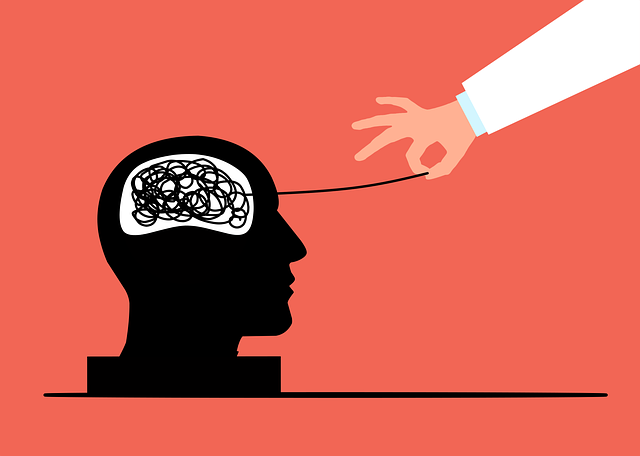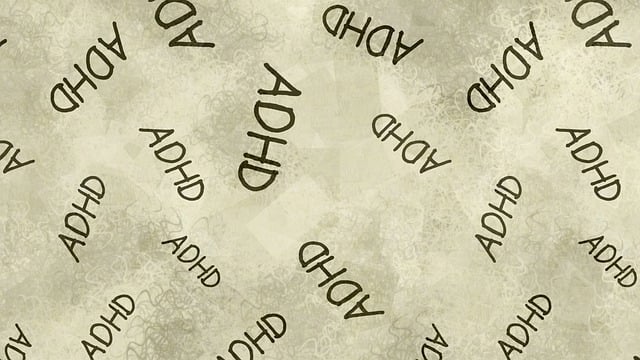In a fast-paced world, innovative mental wellness self-assessment tools like Aurora Acceptance and Commitment Therapy (ACT) offer personalized management. These tools encourage self-reflection through evaluation of thoughts, emotions, and behaviors, fostering self-acceptance and mindfulness. Integrating ACT principles promotes emotional well-being by shifting from symptom-focused assessments to evaluations that enhance psychological flexibility. Validated questionnaires and scales tailored to evidence-based frameworks empower individuals to make meaningful changes for improved mental health and fulfillment. A systematic development process, including rigorous testing and continuous iterations, ensures these tools accurately evaluate and encourage positive life changes.
Mental wellness self-assessment tools play a crucial role in promoting personal growth and overall well-being. As awareness of mental health increases, there is a growing need for personalized assessment methods that cater to individual needs. This article explores the development of such tools, focusing on integrating Aurora Acceptance and Commitment Therapy (ACT) principles. We delve into designing effective questionnaires, testing, and iterating to create user-centric assessments, ensuring accurate insights for enhanced mental wellness management.
- Understanding Mental Wellness Self-Assessment: The Need for Personalized Tools
- Integrating Aurora Acceptance and Commitment Therapy (ACT) Principles
- Designing Effective Assessment Questionnaires and Scales
- Testing, Validating, and Iterating for Optimal User Experience
Understanding Mental Wellness Self-Assessment: The Need for Personalized Tools

Mental wellness self-assessment tools play a pivotal role in empowering individuals to take charge of their mental health. In today’s fast-paced world, where stress and anxiety are prevalent, having personalized resources for self-reflection is more crucial than ever. Traditional methods often lack the adaptability to cater to diverse individual needs, leading many to seek alternative approaches. This is where innovative tools like Aurora Acceptance and Commitment Therapy (ACT) step in, offering a transformative journey towards mental wellness.
By utilizing these tailored assessments, individuals can gain profound insights into their thoughts, emotions, and behaviors. The process encourages self-acceptance, fosters mindfulness through practices like meditation, and promotes the adoption of healthy self-care routines. Moreover, a well-designed Mental Wellness Podcast Series Production can complement these tools, providing an engaging medium to explore various aspects of mental health, ultimately enriching one’s understanding and encouraging proactive participation in their wellness journey.
Integrating Aurora Acceptance and Commitment Therapy (ACT) Principles

Integrating Aurora Acceptance and Commitment Therapy (ACT) principles into self-assessment tools for mental wellness offers a promising approach to emotional well-being promotion techniques. ACT focuses on mindfulness, acceptance, and commitment as core components, encouraging individuals to embrace their experiences rather than struggling against them. By incorporating these principles, self-assessment tools can facilitate a shift from symptom-focused assessments to evaluations that foster psychological flexibility and enhance mental health policy analysis and advocacy efforts.
This integration promotes a holistic view of mental wellness, moving beyond mere absence of disorder towards cultivating a rich and fulfilling life. ACT’s emphasis on values clarification and committing actions aligned with personal values can empower individuals to make meaningful changes in their lives. Consequently, these tools have the potential to not only assess mental health status but also guide interventions that support positive psychological functioning and overall well-being.
Designing Effective Assessment Questionnaires and Scales

Designing effective assessment questionnaires and scales is a cornerstone in developing robust mental wellness self-assessment tools. These instruments play a pivotal role in evaluating an individual’s psychological state, tracking progress, and tailoring interventions accordingly. When crafting assessments, it’s essential to align questions with evidence-based therapeutic frameworks like Aurora Acceptance and Commitment Therapy (ACT), which emphasizes acceptance, mindfulness, and commitment to valued actions. This ensures that the self-assessment accurately captures aspects of cognitive, emotional, and behavioral well-being.
Moreover, incorporating validated scales measuring constructs such as self-awareness, empathy building strategies, and social skills training can enrich the assessment’s depth and validity. Self-Awareness Exercises, for instance, can help individuals reflect on their thoughts, feelings, and behaviors, fostering a deeper understanding of themselves. By combining these elements effectively, mental wellness self-assessment tools become powerful resources that enable personalized support, empowering folks to navigate and improve their psychological landscapes.
Testing, Validating, and Iterating for Optimal User Experience

Developing a mental wellness self-assessment tool like Aurora Acceptance and Commitment Therapy (ACT) involves an iterative process of testing, validating, and refining to ensure it delivers an optimal user experience. Initially, the tool undergoes rigorous testing with a diverse group of users to gather qualitative and quantitative feedback. This phase is crucial for understanding how participants interact with the assessments, what aspects resonate or need improvement, and whether the strategies, like Empathy Building Strategies, effectively address their needs.
After initial testing, the developers validate the results against established psychological frameworks and research. They analyze Stress Reduction Methods and Confidence Boosting techniques to ensure their alignment with evidence-based practices. Based on this validation, iterations are made to enhance usability, clarify language, and improve interface design. This continuous improvement process is essential for creating a tool that not only assesses mental wellness accurately but also fosters meaningful change in users’ lives.
The development of mental wellness self-assessment tools, particularly integrating Aurora Acceptance and Commitment Therapy (ACT) principles, is a significant step towards personalized well-being management. By designing effective questionnaires and iteratively refining them based on user feedback, we can create assessments that accurately gauge mental health and promote positive change. This process ensures a tailored approach to supporting individuals in their journey towards improved mental wellness, with the ultimate goal of enhancing overall quality of life.














